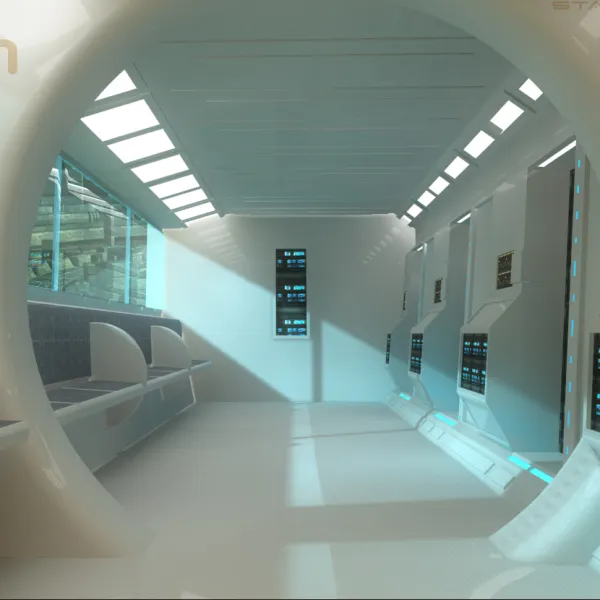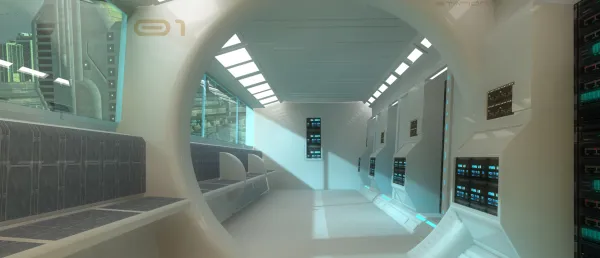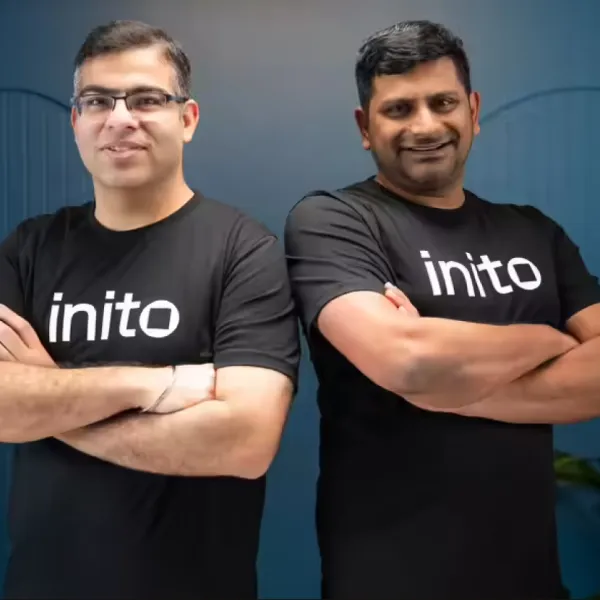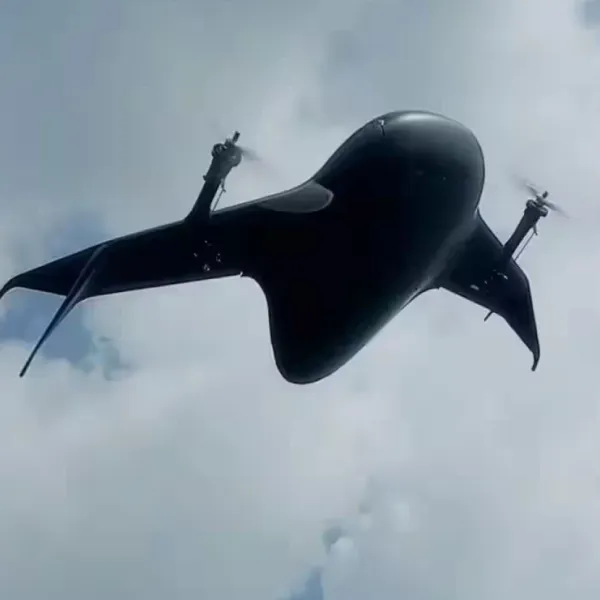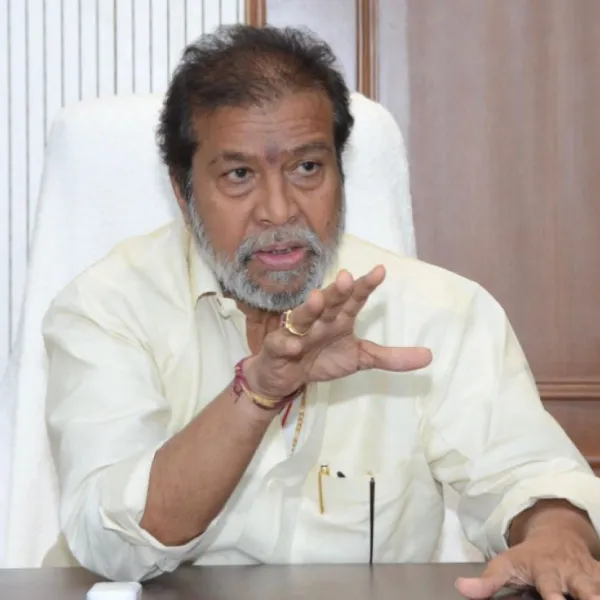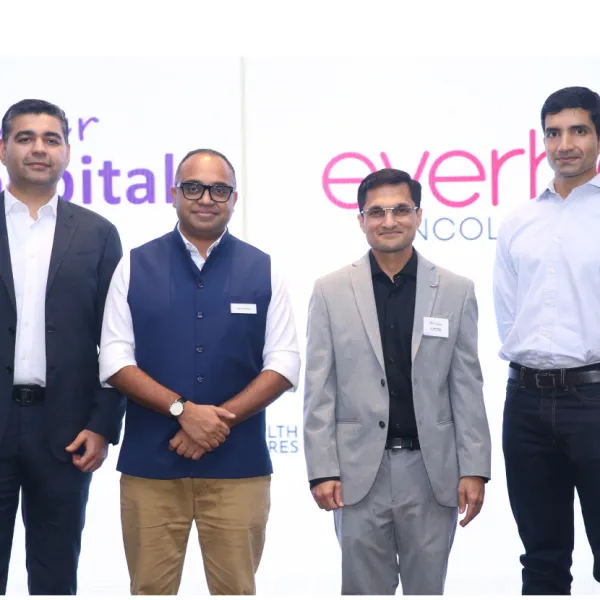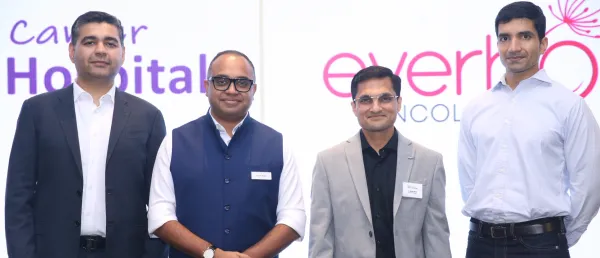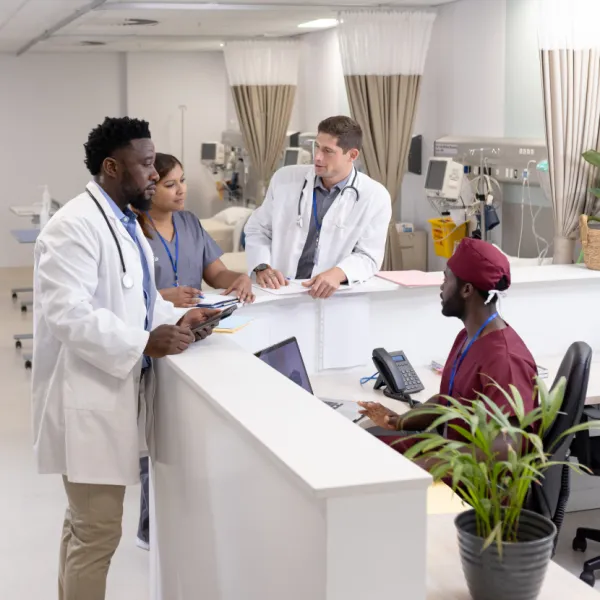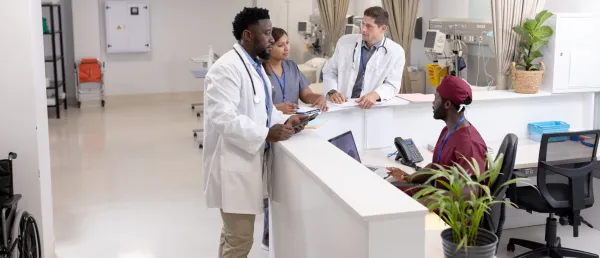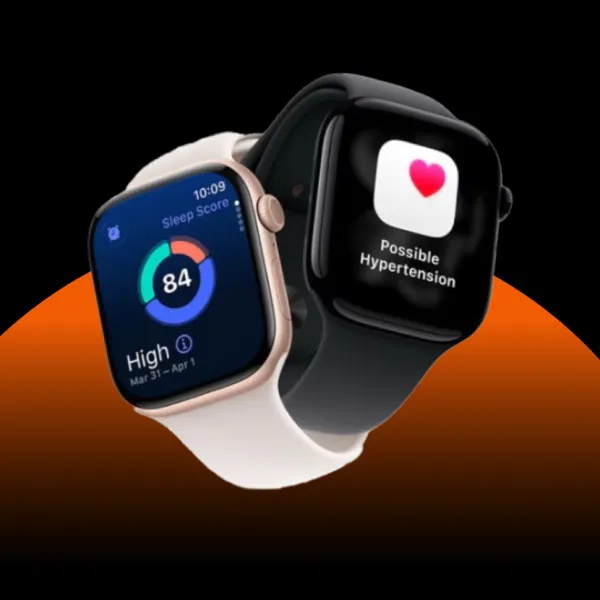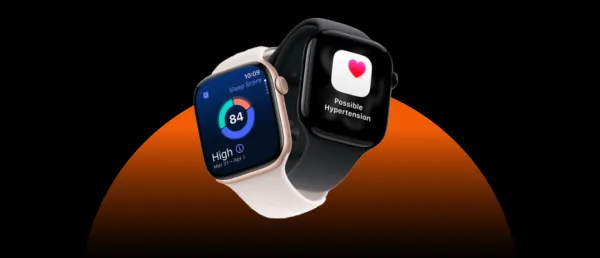Meril Unveils Indigenous Surgical Robot ‘Misso’ for Knee Replacements

Meril claims that MISSO will slash investment costs by 66%, making these surgeries more accessible and affordable.
Indian medical device company, Meril has launched MISSO, an indigenously developed surgical robot designed for knee replacement procedures.
According to Meril, MISSO boasts a 98% success rate and is particularly suited for small hospitals due to its minimal operational footprint compared to existing robotic systems.
Additionally, the technology is adaptable for other joint surgeries in the future, the medical device company noted.
Commenting on the development Manish Deshmukh, head, Marketing, India & Global, at Meril, said, "The prevalence of osteoarthritis has surged from 23 million to 62 million in the last 20-25 years, shows the severity of the problem but this can be addressed by bridging the gap between the need and adoption of knee replacement surgery and MISSO has the potential to democratise robotic knee replacement surgery in India.’’
Utilization of Indigenously Developed MISSO
Reportedly, Indian hospitals currently rely on expensive imported robotic technology. Meril claims that MISSO will slash investment costs by 66%, making these surgeries more accessible and affordable.
The company highlights that the use of AI in MISSO significantly reduces pre-operative planning time by 83%, enhances personalization, and leads to better surgical outcomes with fewer complications.
Further, MISSO has received approval from the Central Drugs Standard Control Organisation (CDSCO) and is awaiting CE and USFDA approvals.
"Currently, the affordability of robotic surgery procedures is a challenge in India. Hospitals also hesitate to invest in imported robotic systems because it requires the training of surgeons and OT staff and a long turnaround time for service-related requests,’’ Deshmukh added.
According to him, MISSO can address these challenges by providing the platform indigenously alongside an ecosystem of training and support that will make robotic surgery highly accessible in metro cities as well as in Tier II and III cities.
Sharing insights, Dr Sujoy Bhattacharjee, HOD and director, Robotic Joint Replacement, Sarvodaya Hospital, Faridabad said, "Robotic systems provide clear, and objective data before the surgery which helps to bring personalisation and customisation for every patient's specific needs and greatly improving patient satisfaction post-surgery. This indigenous robotic system represents a significant breakthrough, offering advanced capabilities while being cost-efficient."
Adoption of Surgical Robots
In a similar development, last year, C K Birla Group partnered with Intuitive India to unveil the fourth-generation da Vinci Surgical Robot.
The deployment of Intuitive's fourth-generation robotic-assisted technology promises to transform surgical procedures, offering precision that can lead to improved patient outcomes, including decreased postoperative complications.
Notably, the da Vinci system's advanced instrumentation and visionary capabilities empower surgeons with enhanced control and visualization during surgical interventions.
Likewise, Intuitive Surgical and Max Healthcare partnered to establish an Observation Centre for Robotic-Assisted Surgery. This initiative, the Total Program Observation (TPO) Center, is designed to provide healthcare professionals with an unparalleled platform for immersive learning in multi-disciplinary robotic-assisted surgery programs.
This collaboration follows Yashoda Super Specialty Hospital's recent introduction of the fourth-generation da Vinci robotic surgery program in April 2023, showcasing the growing integration of cutting-edge technology in the healthcare landscape.
Stay tuned for more such updates on Digital Health News





